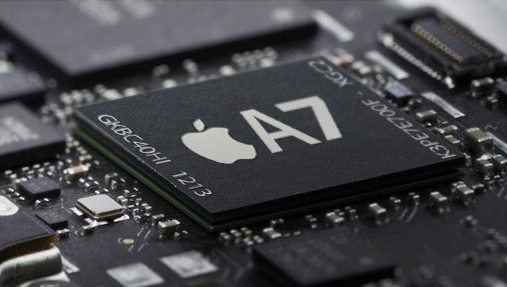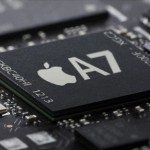
 Write up on The Recorder
Write up on The Recorder
Apple’s computer processors infringe technology patented by the University of Wisconsin, a federal jury in Madison found Tuesday.
Lawyers for Irell & Manella have set up the Wisconsin Alumni Research Foundation—the university’s licensing arm, also known as WARF—for a potentially big damage award following a six-day jury trial. WARF is prepared to ask for as much as $862 million in the upcoming damages phase, according to a pretrial ruling.
WARF alleged that Apple’s flagship A7 processor, which is used in the iPhone 5S, iPad Air and iPad Mini with Retina Display, infringed WARF’s 5,781,752 patent, which covers circuitry that improves chip efficiency and performance. WARF also brought a new suit against Apple just before trial based on the recent launch of the iPhone 6S, 6S Plus and iPadPro, which WARF says contains the same technology.
Apple, represented by Wilmer Cutler Pickering Hale and Dorr, tried first for invalidation at the Patent Trial and Appeal Board. The PTAB declined to institute proceedings in April, and on Tuesday a jury found the six challenged claims valid and infringed.
Irell’s trial team was led by partners Morgan Chu, Gary Frischling, Jason Sheasby and Alan Heinrich, along with associates Christopher Abernethy, Amy Proctor and Anthony Rowles. Defending Apple at trial were Wilmer partners William Lee, James Dowd, David Marcus, Andrea Jeffries and Jordan Hirsch, along with Catherine Cetrangelo of Madison’s Cetra Law Firm.
The ‘752 patent concerns a “table based data speculation circuit for parallel processing computer.” The circuit predicts when a processor can execute programs out-of-sequence, to improve efficiency, without risking errors. Irell settled a suit against Intel over the same patent in 2009.
Apple has argued that the technology was well-known by 1995, but U.S. District Judge William Conley, the PTAB and U.S. District Judge Barbara Crabb in the Intel case all rejected Apple’s construction of the term “prediction.”
“While the court agrees with Apple that [Crabb’s] decision has no binding effect on this court … any more than the PTAB’s decision does, the court will obviously consider Judge Crabb’s and the PTAB’s reasoning and analysis in the opinion below,” Conley wrote in denying summary judgment of invalidity to Apple.
Contact the reporter at [email protected].
